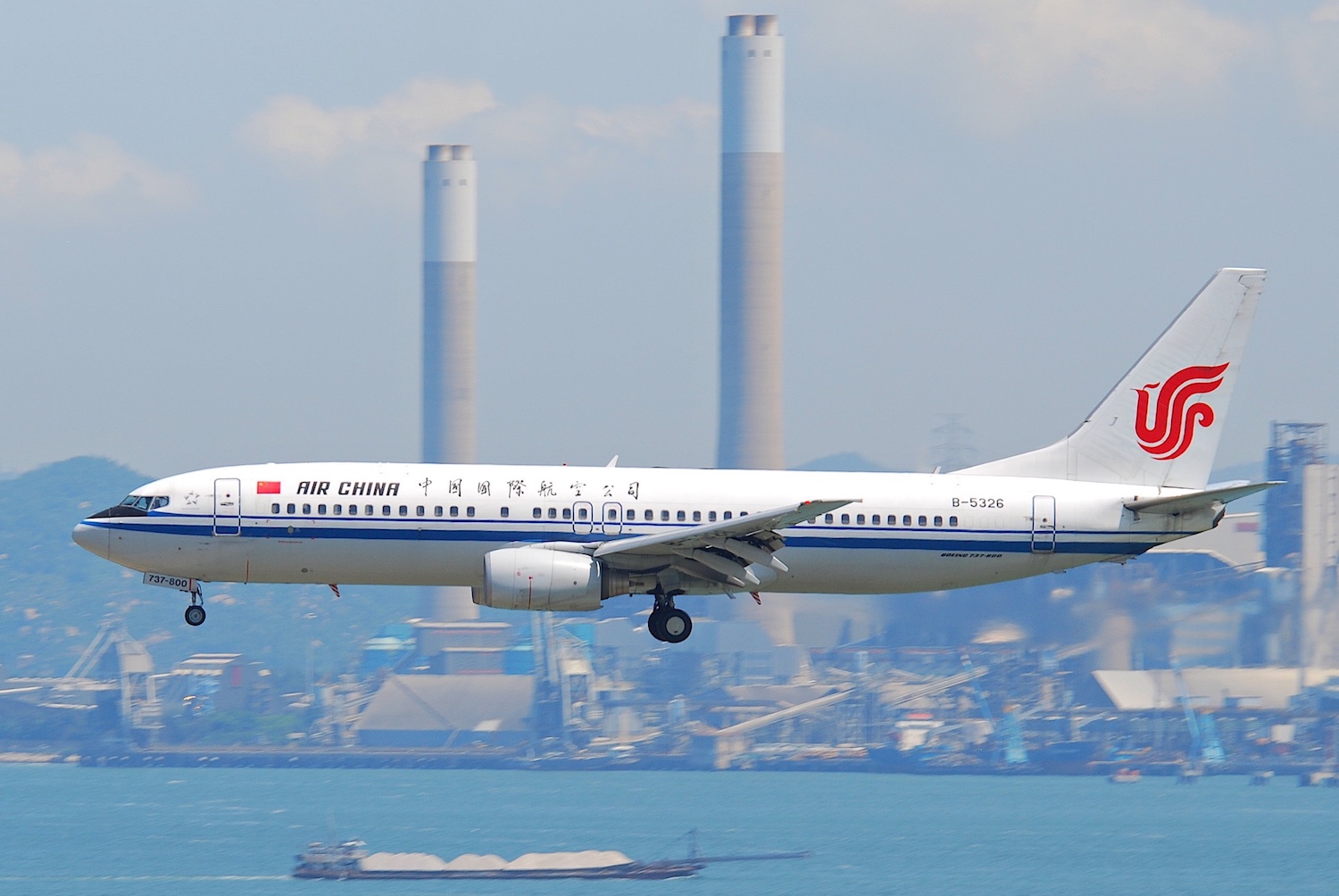U.S. To Ban Chinese Airlines From Using Russian Airspace, A Fair But Imperfect Move

The United States is finally moving to address an uneven playing field that has favored Chinese airlines for years, but the solution isn’t without its complications and concerns over fairness.
U.S. Moves To Ban Chinese Airlines From Using Russian Airspace
The U.S. Department of Transportation is preparing to bar Chinese airlines from flying over Russian airspace on routes to and from the United States, a move intended to restore fairness in transpacific aviation. Since 2022, U.S. carriers have been prohibited from using Russian airspace due to sanctions following the invasion of Ukraine, forcing longer flight times and higher fuel costs. Chinese carriers, meanwhile, have continued to operate shorter, more direct routes over Russia, giving them a clear competitive edge.
Under the proposed policy, Chinese airlines would have to re-route their U.S.-bound flights around Russia, adding hours to flight times and significantly increasing operating costs. The change would primarily affect Air China, China Eastern, and China Southern, all of which rely heavily on Russian air corridors for their U.S. service.
A Question Of Fairness
For nearly three years, U.S. airlines have been at a disadvantage they had no control over. Their aircraft are banned from Russian skies; their competitors are not. Thus I understand the position that this isn’t simply about nationalism or protectionism; it’s about leveling the field so that competition is based on service, not geography.
The logic is simple: if one side can’t fly over Russia, neither should the other. Whether the policy ultimately benefits travelers is another question, but it’s difficult to argue that the current imbalance is reasonable.
The practical effect of such a ban will be immediate and visible. Flights between China and the United States will take longer and cost more to operate, likely leading to higher fares or reduced schedules. That’s not something I am in favor of. Connections through Chinese hubs such as Beijing and Shanghai will become less competitive compared to other Asian gateways.
There’s also the diplomatic layer. Beijing will loudly object and the deepening riff between the two superpowers does not help either nation. The move touches on sovereignty, trade, and aviation rights, all sensitive areas in U.S.–China relations. Yet the principle remains sound: it’s unreasonable for Chinese airlines to profit from a route network that American carriers are prohibited from using.
However, it does not seem right that Indian and Hong Kong carriers would be spared from this policy…aren’t they aiding and abetting the Russian war machine as well by overflying Russian arispace? The policy should apply to all.
And I realize that consumers lose…it’s not anything I am enthusiastic about. But as the war in Ukraine inches towards its fourth year, it’s time for the United States, Europe, and yes, China and India to put more pressure on Moscow to end the war. Until that happens, the screws should be tightened on the Russian regime with far more severe sanctions and flight restrictions. Ordinary Russians need to feel the pain.
Of course, sanctions are only as strong as their weakest link, and India, Israel, and Turkey (all US allies) seem very happy to continue to do business with Russia, let alone China, which probably has a greater chance of promoting an end to that conflict than any other nation.
As the Trump administration considers providing Tomahawk missiles to Ukraine, do we really want to escalate this war now? How many more citizens does Russia need to lose to prove the insanity of this war? Isn’t 1 million casualties enough?
If banning Chinese carriers from Russian airspace helps to end this war, then I’m all for it.
CONCLUSION
As the war in Ukraine drags on, I’m in favor of banning foreign carriers from using Russian airspace if they wish to serve the USA. However, that should not only impact China, but all nations that use that space, including India.
Fairness in global aviation sometimes comes at a cost—and in this case, it’s a cost worth paying. This isn’t a perfect solution, but it’s a fair one. The United States cannot force Russia to reopen its skies to U.S. airlines (nor should we even use that airspace at this time if we could), but it can ensure that foreign carriers don’t gain an advantage by continuing to use them.
image: Aero Icarus / Wikimedia Commons